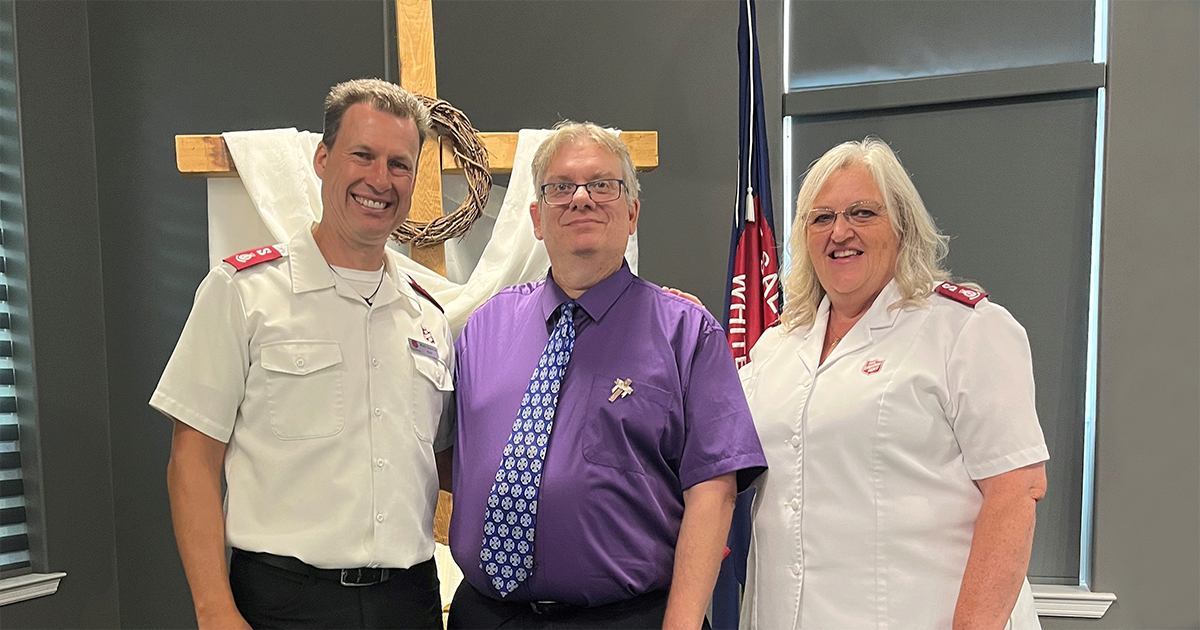I cannot boast of knowing more than half a dozen [women], in the whole range of my acquaintance, that are really accomplished,” declares Mr. Darcy to Elizabeth Bennet in Jane Austen’s classic Pride and Prejudice. “A woman must have a thorough knowledge of music, singing, drawing, dancing, all the modern languages, to deserve the word.”
To which Elizabeth Bennet responds, “I am no longer surprised at your knowing only six accomplished women. I rather wonder now at your knowing any.”
We laugh at the banter between the two characters. Jane Austen fans will know that Elizabeth Bennet wins Mr. Darcy’s affections, despite not measuring up to his standard of accomplishments. Women want to be like Elizabeth, confident in our worth regardless of our abilities.
And yet, so many Christian women believe they need to be accomplished to be of value. Much of this sentiment stems from the overutilization and misunderstanding of Proverbs 31:10-31. A poem most likely written by King Solomon, the passage seems at first glance to be a lengthy list of all of the attributes a woman must possess to be held in high esteem.
Proverbs 31 is arguably one of the most-used passages in women’s ministries today. “Proverbs 31 Ministries” boasts nearly four million likes on Facebook, while bestselling author Donna Partow was able to successfully market Becoming the Woman God Wants Me to Be: A 90-Day Guide to Living the Proverbs 31 Life in 2008, and then rerelease it as an audio book in 2017 due to its continued success.
This oft-quoted passage suggests that a woman of noble character “selects wool and flax and works with eager hands; she gets up while it is still night; she provides food for her family; she considers a field and buys it; she plants a vineyard; she makes coverings for her bed; she speaks with wisdom, and faithful instruction is on her tongue; her children call her blessed; her husband praises her” (see Proverbs 31:10-31).
I am not a Proverbs 31 woman.
At least, not in the way the western church seems to utilize it—as a job description for all women.
When it comes to sewing, I have two left hands. Of those two hands, not one has a green thumb. I’m average, at best, in the kitchen, and I order take-out more nights than I care to admit. There are moments when bitterness is on my tongue, not wisdom. And while I love my family dearly, there are definitely days when my children are less than co-operative, and keeping romance alive in my marriage is hard work. I am no domestic superhero. Does this mean that I do not measure up in the eyes of God?
If I were to only focus on the western view of Proverbs 31 for the measure of my worth, I would always feel inadequate and unloved. Thankfully, there is more written in the Bible on a woman’s worth than this one chapter.
Jesus met with many women during his time of earthly ministry, and not many of them would fit the description in Proverbs 31. He addressed a Samaritan woman at the well (see John 4), showed compassion to an adulterous woman (see John 8), healed a hemorrhaging woman (see Matthew 9) and acknowledged a widow (see Mark 12). He praised Mary not for tending to her household duties, but rather for sitting at his feet listening to what he said (see Luke 10). Jesus did not seek out accomplished women. Rather, he met with women who were tired, weary, defeated and broken. He acknowledged them as worthy. He cared for them. He loved them.
Jesus’ actions are in keeping with the original intention of Proverbs 31. In the male-centred society of the ancient Jewish people, this passage would have come as a breath of fresh air, highlighting the importance of women in society. Rather than suggesting women must aspire to this unattainable standard, its intention was to celebrate women of virtue, not simply women of talent. By loving women the way he did, Jesus spoke volumes about the importance of all women in God’s kingdom.
Sisters, we do not need to be Proverbs 31 women to be loved by Jesus. He did not come to meet only with those of us who are accomplished, those of us who are perfect. If you are feeling worthless, or inadequate as a wife or a mother, remember this. Jesus loves and celebrates you.
Captain Laura Van Schaick is the corps officer at The Salvation Army, A Community Church in Prince Albert, Sask.
Feature photo: © KevinCarden/Lightstock.com
To which Elizabeth Bennet responds, “I am no longer surprised at your knowing only six accomplished women. I rather wonder now at your knowing any.”
We laugh at the banter between the two characters. Jane Austen fans will know that Elizabeth Bennet wins Mr. Darcy’s affections, despite not measuring up to his standard of accomplishments. Women want to be like Elizabeth, confident in our worth regardless of our abilities.
And yet, so many Christian women believe they need to be accomplished to be of value. Much of this sentiment stems from the overutilization and misunderstanding of Proverbs 31:10-31. A poem most likely written by King Solomon, the passage seems at first glance to be a lengthy list of all of the attributes a woman must possess to be held in high esteem.
Proverbs 31 is arguably one of the most-used passages in women’s ministries today. “Proverbs 31 Ministries” boasts nearly four million likes on Facebook, while bestselling author Donna Partow was able to successfully market Becoming the Woman God Wants Me to Be: A 90-Day Guide to Living the Proverbs 31 Life in 2008, and then rerelease it as an audio book in 2017 due to its continued success.
This oft-quoted passage suggests that a woman of noble character “selects wool and flax and works with eager hands; she gets up while it is still night; she provides food for her family; she considers a field and buys it; she plants a vineyard; she makes coverings for her bed; she speaks with wisdom, and faithful instruction is on her tongue; her children call her blessed; her husband praises her” (see Proverbs 31:10-31).
I am not a Proverbs 31 woman.
At least, not in the way the western church seems to utilize it—as a job description for all women.
When it comes to sewing, I have two left hands. Of those two hands, not one has a green thumb. I’m average, at best, in the kitchen, and I order take-out more nights than I care to admit. There are moments when bitterness is on my tongue, not wisdom. And while I love my family dearly, there are definitely days when my children are less than co-operative, and keeping romance alive in my marriage is hard work. I am no domestic superhero. Does this mean that I do not measure up in the eyes of God?
If I were to only focus on the western view of Proverbs 31 for the measure of my worth, I would always feel inadequate and unloved. Thankfully, there is more written in the Bible on a woman’s worth than this one chapter.
Jesus met with many women during his time of earthly ministry, and not many of them would fit the description in Proverbs 31. He addressed a Samaritan woman at the well (see John 4), showed compassion to an adulterous woman (see John 8), healed a hemorrhaging woman (see Matthew 9) and acknowledged a widow (see Mark 12). He praised Mary not for tending to her household duties, but rather for sitting at his feet listening to what he said (see Luke 10). Jesus did not seek out accomplished women. Rather, he met with women who were tired, weary, defeated and broken. He acknowledged them as worthy. He cared for them. He loved them.
Jesus’ actions are in keeping with the original intention of Proverbs 31. In the male-centred society of the ancient Jewish people, this passage would have come as a breath of fresh air, highlighting the importance of women in society. Rather than suggesting women must aspire to this unattainable standard, its intention was to celebrate women of virtue, not simply women of talent. By loving women the way he did, Jesus spoke volumes about the importance of all women in God’s kingdom.
Sisters, we do not need to be Proverbs 31 women to be loved by Jesus. He did not come to meet only with those of us who are accomplished, those of us who are perfect. If you are feeling worthless, or inadequate as a wife or a mother, remember this. Jesus loves and celebrates you.
Captain Laura Van Schaick is the corps officer at The Salvation Army, A Community Church in Prince Albert, Sask.
Feature photo: © KevinCarden/Lightstock.com










Comment
On Saturday, February 16, 2019, Joanne Sanderson said:
Leave a Comment